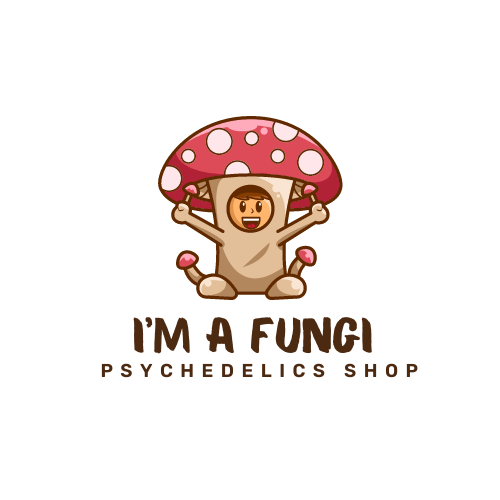BLOG
Navigating the Psychedelic Realm: A Comprehensive Exploration of Psychedelics

Introduction
The world of psychedelics is a vast and intricate tapestry of substances that have captivated human curiosity for centuries. From ancient rituals to contemporary therapeutic applications, psychedelics have transcended cultural and scientific boundaries. This article delves into the multifaceted realm of psychedelics, exploring their history, cultural significance, therapeutic potential, risks, and the ongoing renaissance in psychedelic research.
Historical Roots
Psychedelics, also known as hallucinogens, have a rich history deeply intertwined with various cultures and traditions. Indigenous societies have used substances like peyote, ayahuasca, and psilocybin mushrooms in spiritual ceremonies for centuries, considering them as tools for communication with the divine.
The Counterculture Movement
The mid-20th century witnessed the emergence of psychedelics in Western popular culture, particularly during the counterculture movement. Substances like LSD became emblematic of the quest for expanded consciousness, artistic expression, and a rebellion against societal norms. Figures like Timothy Leary popularized the mantra “turn on, tune in, drop out,” encapsulating the spirit of the era.
Therapeutic Renaissance
In recent years, there has been a resurgence of interest in the therapeutic potential of psychedelics. Clinical trials exploring the use of substances like psilocybin and MDMA (3,4-methylenedioxy-methamphetamine) have shown promising results in treating conditions such as depression, PTSD, and anxiety. The psychedelic experience is being harnessed as a therapeutic tool, guiding individuals through introspective journeys that may lead to profound psychological healing.
Psilocybin and Mental Health
Psilocybin, the psychoactive compound found in “magic” mushrooms, has garnered significant attention for its potential in treating mental health disorders. Research indicates that psilocybin may induce a state of increased neuroplasticity, allowing individuals to break free from rigid thought patterns associated with conditions like depression. Therapeutic sessions guided by trained professionals have shown remarkable results in alleviating symptoms and fostering long-term well-being.
MDMA-Assisted Psychotherapy
MDMA, commonly known as ecstasy, is undergoing clinical trials for its potential in treating PTSD. When used in controlled settings, MDMA can enhance empathy, trust, and communication, providing a unique avenue for individuals to process traumatic experiences. The substance is administered in conjunction with psychotherapy sessions, creating a synergistic effect that facilitates breakthroughs in trauma resolution.
Challenges and Risks
While the therapeutic potential of psychedelics is promising, it is essential to acknowledge the associated challenges and risks. The unregulated use of these substances can lead to adverse reactions, exacerbate mental health issues, or induce hallucinogen persisting perception disorder (HPPD). Ensuring responsible use in controlled settings is paramount to mitigating potential risks.
Legal Landscape
The legal status of psychedelics varies globally. Some countries have decriminalized or legalized certain substances for medicinal or recreational purposes, while others maintain strict prohibitions. The shifting legal landscape reflects evolving attitudes toward psychedelics and underscores the need for evidence-based policies that balance public safety with individual autonomy.
Conclusion
The realm of psychedelics is multifaceted, encompassing historical traditions, countercultural movements, and a contemporary renaissance in therapeutic research. As science continues to unravel the mysteries of these substances, society is faced with the challenge of navigating their potential benefits and risks. The psychedelic journey, whether undertaken for spiritual exploration or therapeutic purposes, remains a profound and complex aspect of human experience, inviting ongoing dialogue and exploration.
